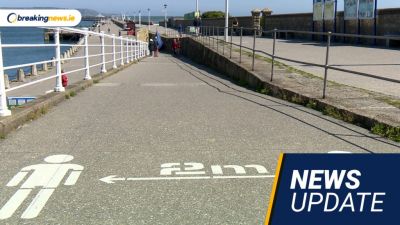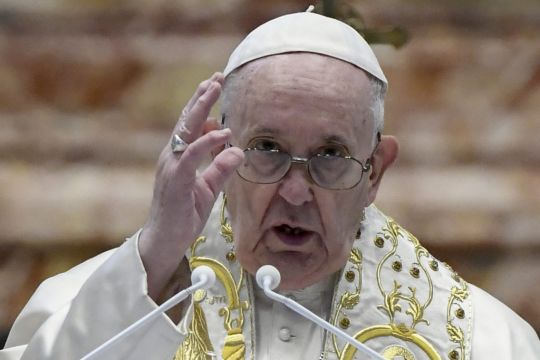Pope Francis issued a new decree on Thursday mandating full economic disclosure and controls for Vatican managers, including cardinals, and stipulating that no one can accept personal gifts worth more than €40.
The decree followed another papal law last May in which Francis tightened rules for Vatican procurement contracts.
The practice of gift-giving among Catholic clerics was the source of several scandals in the Church in recent years.
US investigation
In 2019, an investigation by the US Church found that Bishop Michael J. Bransfield of West Virginia sent personal cheques totalling more than $350,000 (€289,000) to about 140 fellow clerics over more than a decade, including two US cardinals.
He later used local Church funds to reimburse himself. The investigation found him responsible for sexual harassment of adults and financial improprieties. He denied wrongdoing.
One of the Vatican cardinals who received the gifts from Bransfield returned the money and the other said he had given it to charities.
Last year, a Vatican report into disgraced former US cardinal Theodore McCarrick showed that he regularly gave cash gifts to fellow clergymen, including Vatican officials, over a period that scanned decades.
McCarrick was expelled from the priesthood in 2019 after an internal investigation found him guilty of sexual abuse of minors and adults and abuse of power.
All staff
The €40 limit on gifts applied to all Vatican employees of any level and the rest of the decree to managers, whether clerics or lay.
It said managers must disclose at the moment of appointment and every two years after that if they have been the subject of financial investigations.
It also says they cannot use tax havens or own real estate obtained with funds from illegal activity. Vatican financial authorities will be empowered with controls.

The signers will have to declare that they do not hold, even through third parties, investments or stakes in companies listed as being at high-risk for money laundering.
They cannot hold shares or other interests in companies whose policies are contrary to the Church’s social doctrine. This was an apparent reference to pharmaceutical companies and those which severely damage the environment.
The pope said staff must adhere to "internationally accepted regulations and best practices" requiring transparency from those holding key roles in order to combat "conflicts of interest, patronage practices and corruption in general".
In December, the pope issued a decree making charity funds more transparent and tightening control on the Secretariat of State, the most important part of the Vatican administration, after a scandal over a luxury London property deal.







